“When I Hit The Bottom It Was Like Turning Off The Television” – Kepa Acero
Mr Acero discusses the wave that nearly took his life and the “fear of never being the same again”.
Life has a fondness for irony. The word “hipster” being shouted at anything resembling art, Beach Boy Dennis Wilson’s drowning, Kelly announcing his wave pool the day after Adriano won his title, which everyone subsequently forgot about as attention turned to Lemoore.
Let’s take, for example, Kepa Acero’s current affliction. Mr Acero’s been mapping uncharted waves and empty locales for some time now. So it’s twisted that an injury sustained at the Basque surfer’s home break, Mundaka almost kept him from travelling (and surfing) ever again. But his response and rhetoric post-injury is a testament to the effects of a positive disposition. We’ll have Mr Acero take it from here:
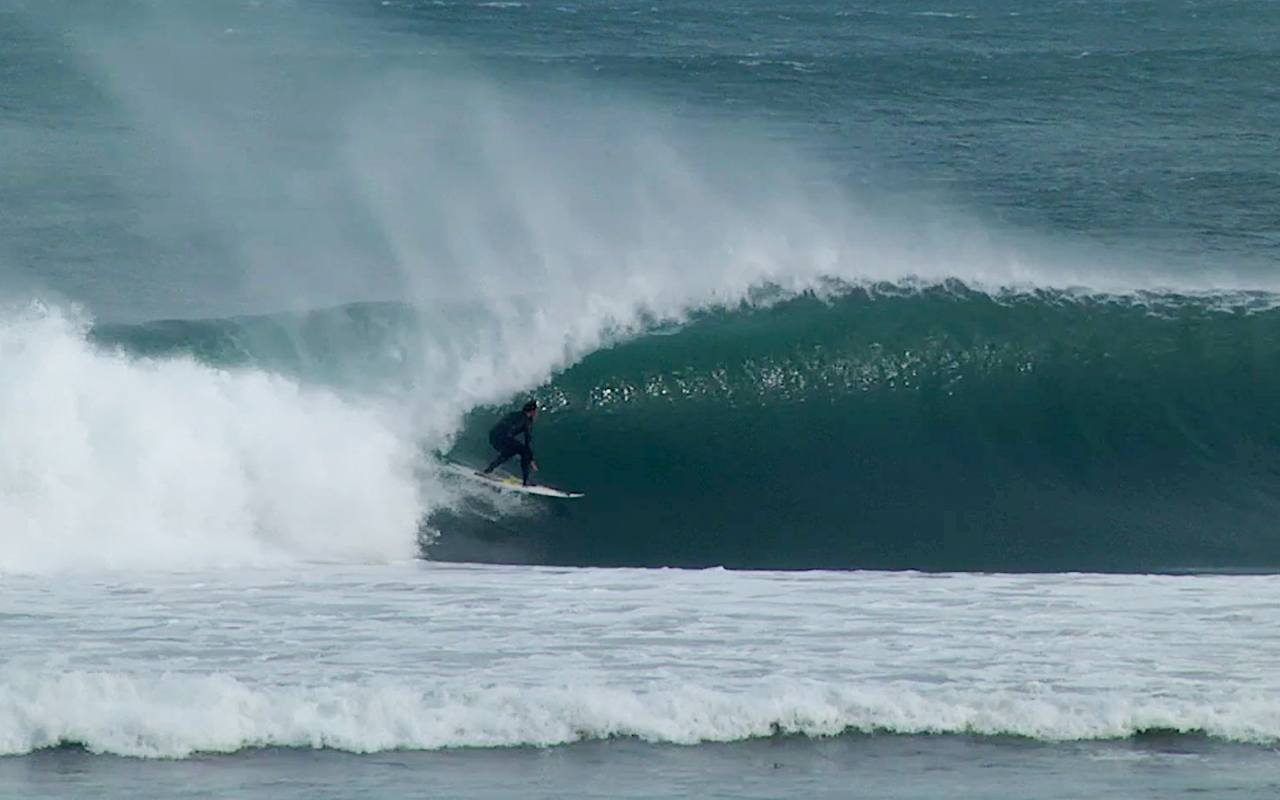
“The foam ball took the surfboard off my feet and I hit my head straight on the ground,” says Kepa. “I don’t remember anything else, it was like turning off the television.”
Photography
Quiksilver
Stab: Would you mind talking us through the injury?
Kepa: It was on a dry (sucking out) wave at low-tide Mundaka, like thousands I caught before, nothing special. The section was long and I started pumping to get across it, but it was too long. The foam ball took the surfboard off my feet and I hit my head straight on the ground. I don’t remember anything else, it was like turning off the television.
Luckily I had my friends in the water who took me out. But it was a very dangerous injury, I broke two cervicals: One of them with displacement, and one dorsal. The critical thing was that it touched the medulla. The doctor told me that I would be able to walk again, but it was miraculous.
I started crying after assimilating that. It sounds stupid but I had to ask him if I was gonna be able to surf again. I couldn’t believe my stupid thinking, after being told that I was going back to a normal living, that I was worried about surfing. But the truth is, I was scared and I didn’t not want to ask. I’ve been very lucky.
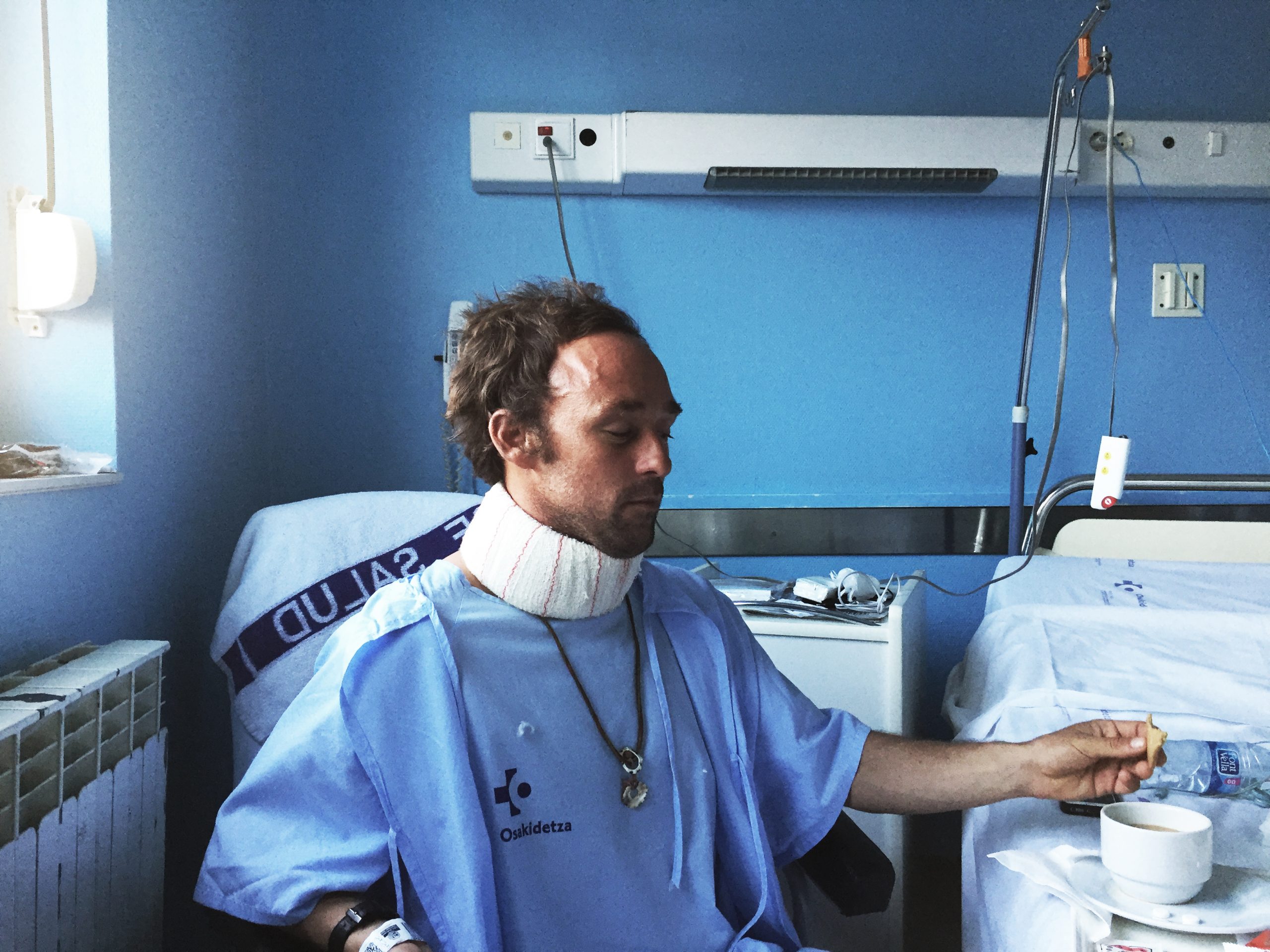
Cervical fractures aren’t an incident you can just brush off. Serious cases can result in loss of sensation, paralysis, or even death. Kepa’s, as he said, “Been very lucky.”
Photography
Quiksilver
How long did it take you to get back in the water?
The doctor told me not to go into the water until June, but the sensations were good. On March 1st I went out for the first time on a longboard. My neck was like a rock, but I needed to see that I could be in the sea just paddling. I caught a couple of waves… I’m not proud of them. But on the other hand and from a good sense, I’m sure that keeping desire and passion are the most important part of the recovery.
What was the worst part of the recovery process?
I think it was the basic psyche, there is a fear inside you that you do not want to hear. The fear of not being the same again. At first, the recovery is very slow and you have to stay strong. I have tried to be very tenacious and in my head I’ve always made it very clear that I want to be back in the green room.
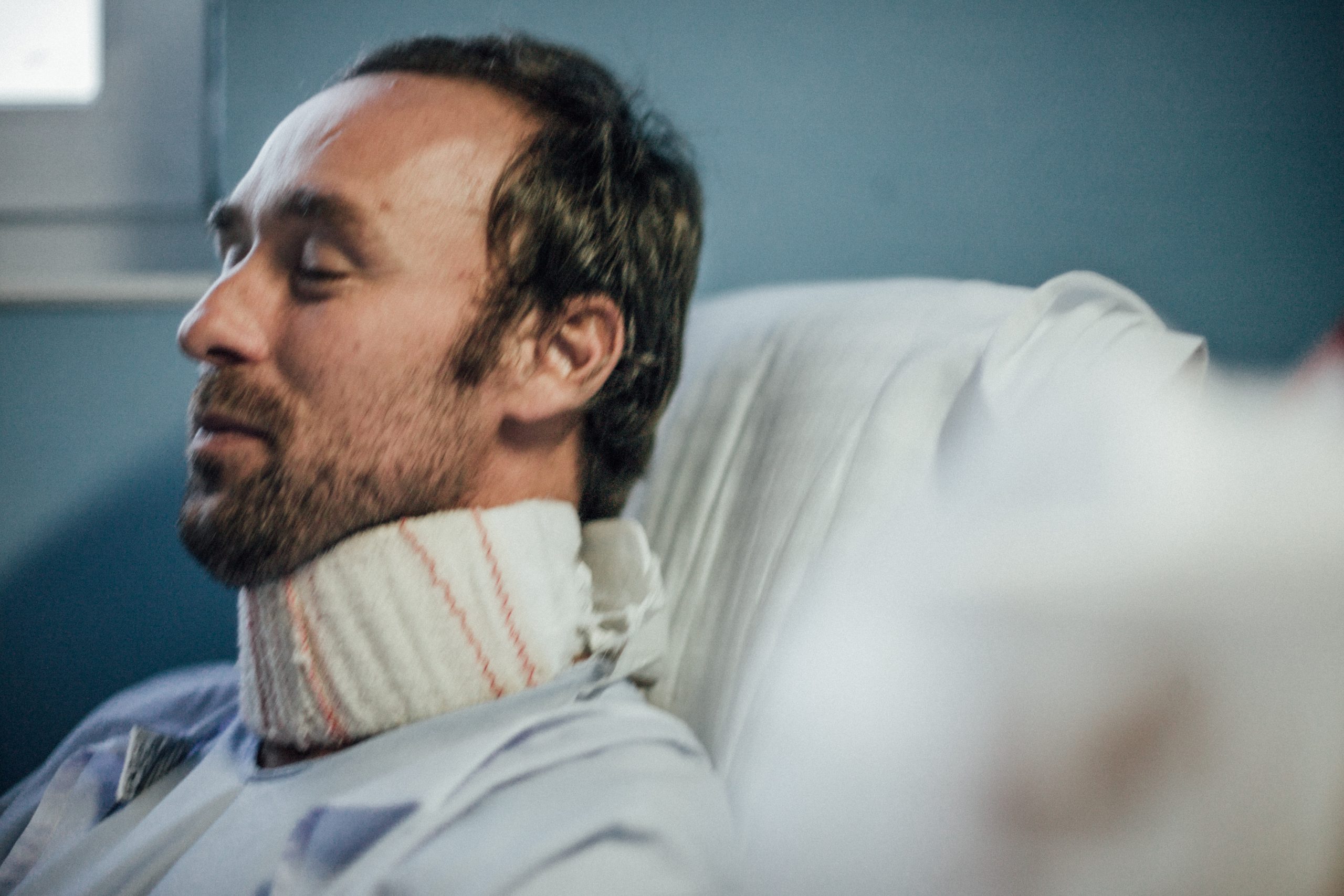
“I ached all over my body before,” Kepa continues. “So I’m used to it.”
Photography
Quiksilver
Now, after recovering and back in the water, do you feel any physical changes?
There’s a sound when I move my neck. I have a titanium plate in with four screws and now it sounds like I have a hinge — and I do. It also hurts with temperature changes, but I don’t care. I ached all over my body before, so I’m used to it.
How’d you kill time while getting better?
I recovered in the hospital, but I also took the opportunity to spend a lot of time with my family, my friends and my girlfriend. The last seven years I’ve spent travelling solo, so it’s been an opportunity to decelerate, read and also watch as many surf videos and dream that soon I’ll be getting barreled somewhere in Africa or Indo as well.
And now I value that which surrounds me even more. This is another one of the great paradoxes of my life: So many journeys have not detracted from the importance of the nearest things, but have enlarged them. I have always tried to be aware of my loved ones, but after the accident I made it clear that we must revere those who think that, with you, the world is better.
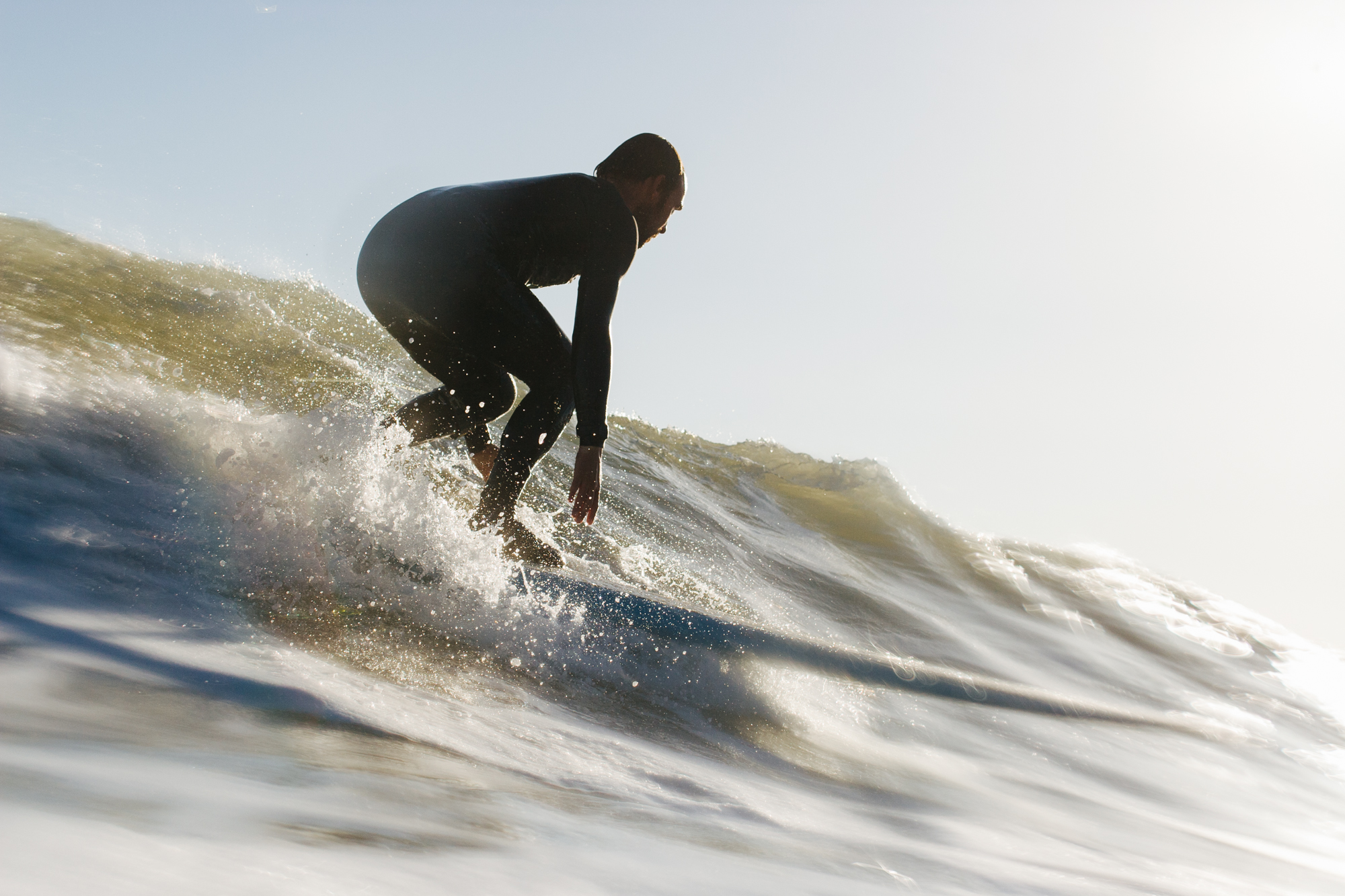
And you thought your first surf of the weekend felt liberating.
Photography
Quiksilver
How quickly did your skill in the water return?
A month and a half after the accident I touched the water. I’m not 100 percent yet, but I can surf well. I wanted to go to Namibia for the past swell last week, I love that wave. But I’m not yet ready for heavy stuff like that yet.
How was the first time you paddled back out in the surf?
The first time I took off I can literally say I cried. It’s one thing for the doctor to tell you that you’re going to surf, but until you’re in the water you do not know. I felt infinitely grateful for life and being given a second chance and I started to scream, it was incredible.
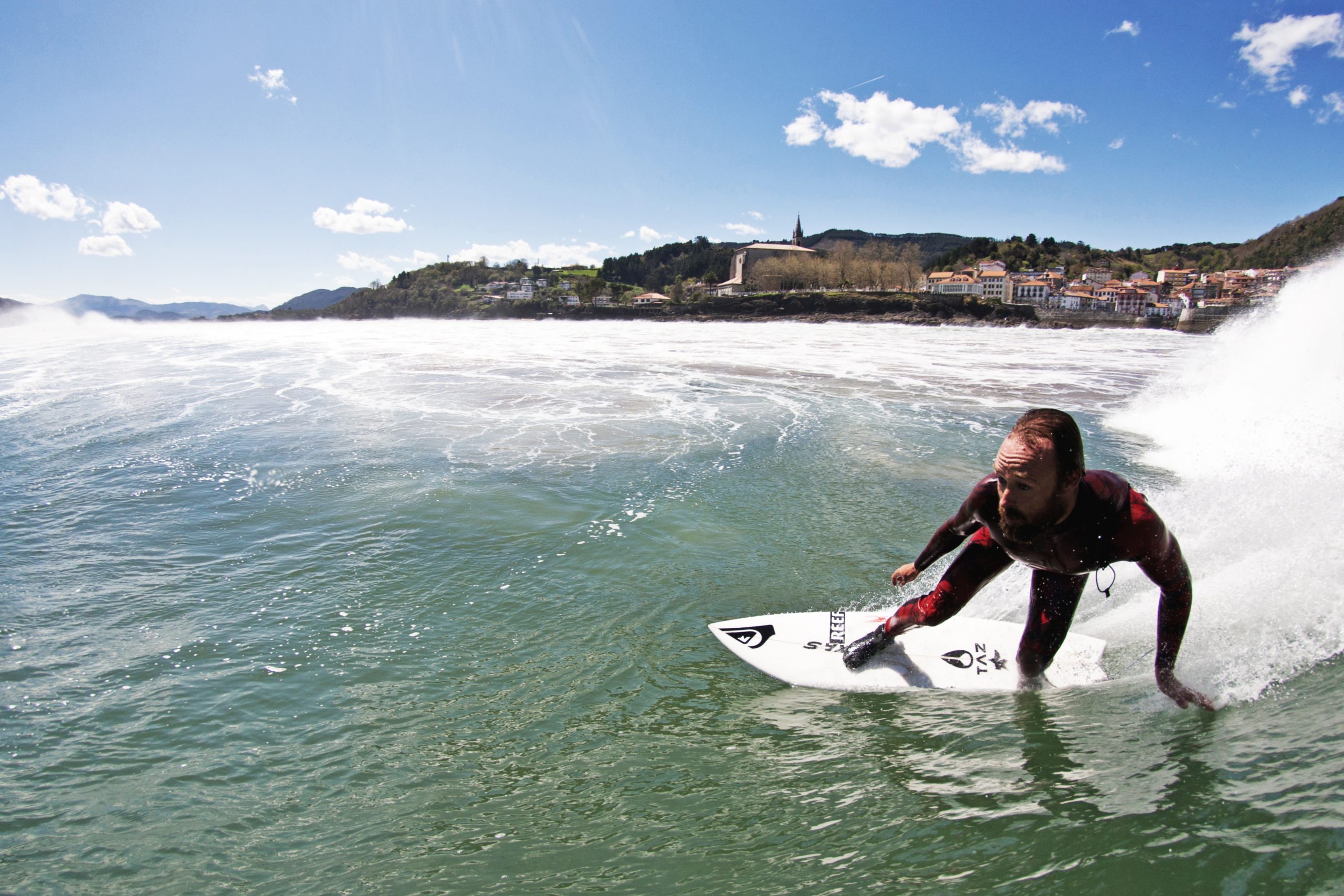
“I dream of paddling for a hollow wave again,” Kepa reflects. “Like that one I paddled for the last time at Mundaka.”
Photography
Quiksilver
Have you surfed anything serious since?
A month ago I surfed a serious wave for the first time and I made the first tube — it was an airdrop and straight to the tube. When I came out I saw that it would all be the same again soon. It was a crucial and epic moment at the same time.
Have you surfed back out at Mundaka?
No. I was back there when there was no sea surge, just to feel the vibe of the place, to see what it felt like. Usually the waves don’t arrive until September anyways, and I think I will be completely recovered physically and psychologically then. In fact, I dream of paddling for a hollow wave again, like that one I paddled for the last time at Mundaka.
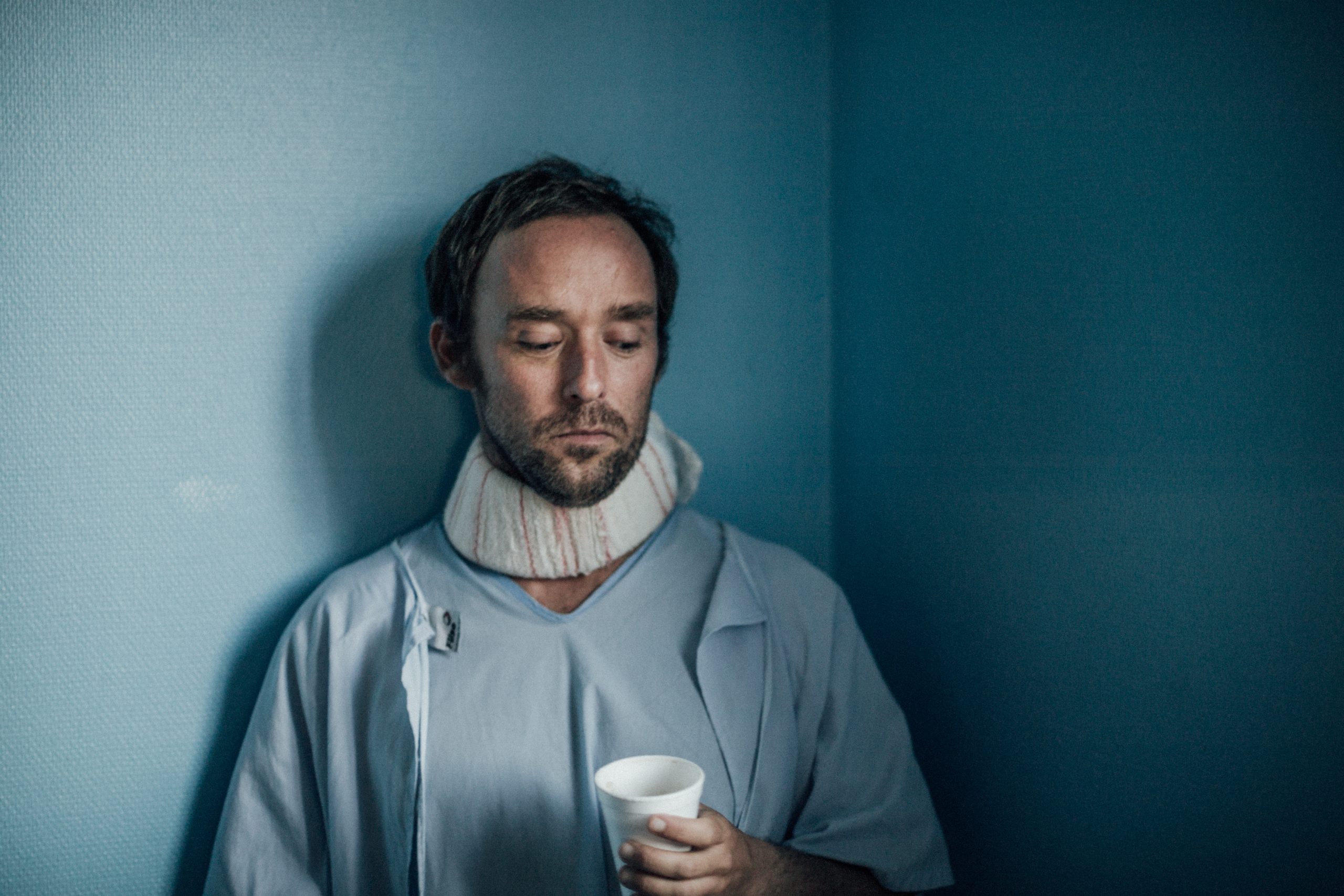
From the hospital bed to a solo jaunt to West Africa, it’ll take more than a severe injury to keep Kepa grounded.
Photography
Quiksilver
Finally, knowing how dedicated you are to travel, where’s next on your radar?
In a few weeks I will travel to Scotland in the company of some friends with some bikes and our boards. And in August I will travel to Indonesia. I’m aware that I must do things slowly, that I must not set great goals until my head has regained full security. I think that as soon as I am fully recovered I will travel alone for a few months in West Africa.
After this accident, one sees with more clarity that life passes fast. You have to try to do what you love and be with the people you want. That is my purpose in life.














Comments
Comments are a Stab Premium feature. Gotta join to talk shop.
Already a member? Sign In
Want to join? Sign Up